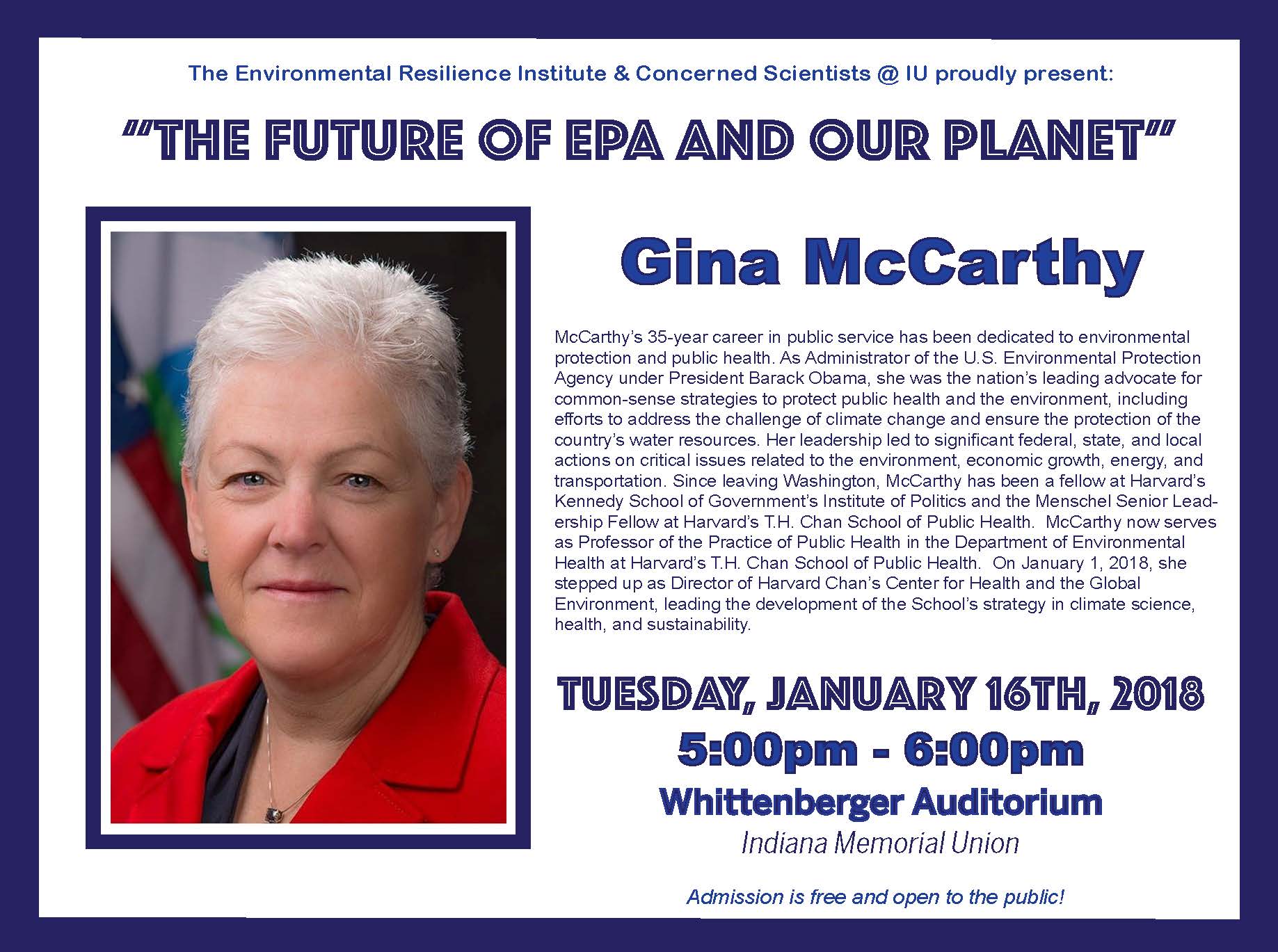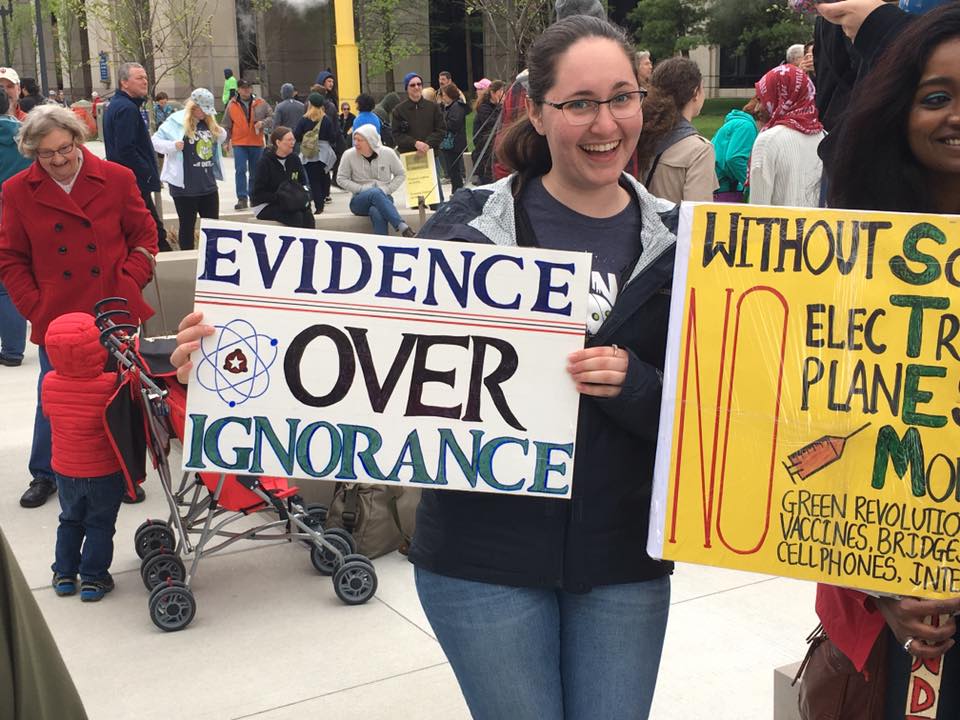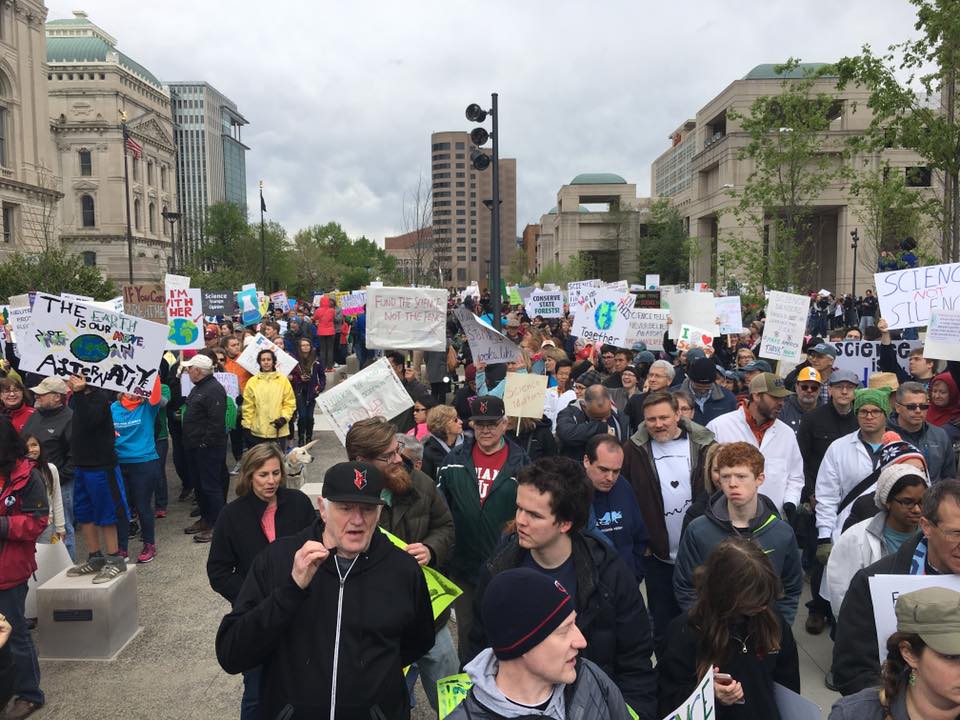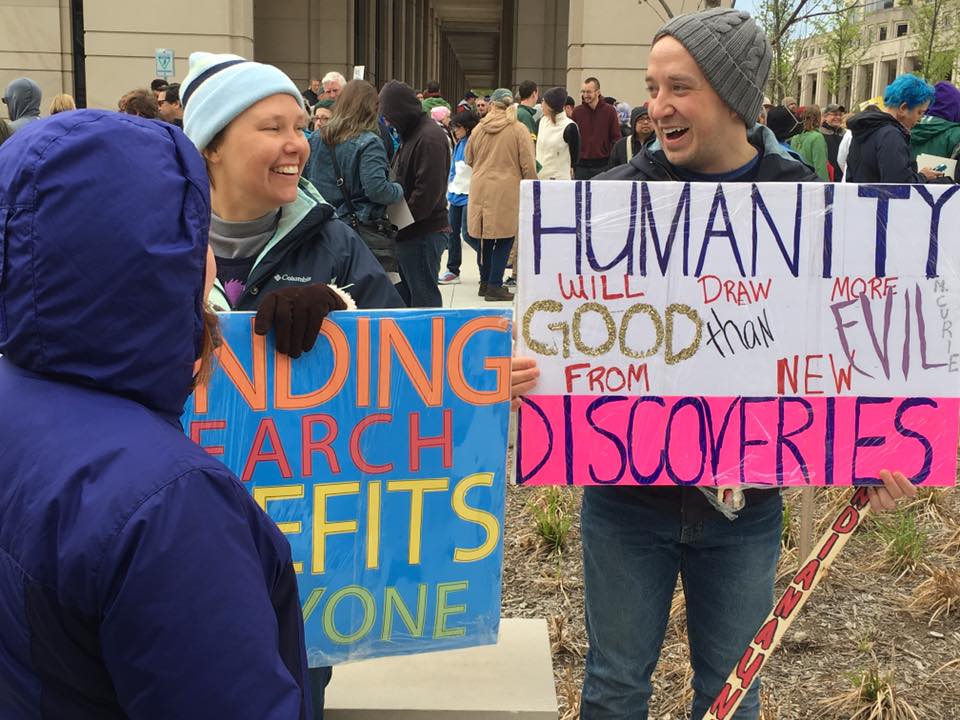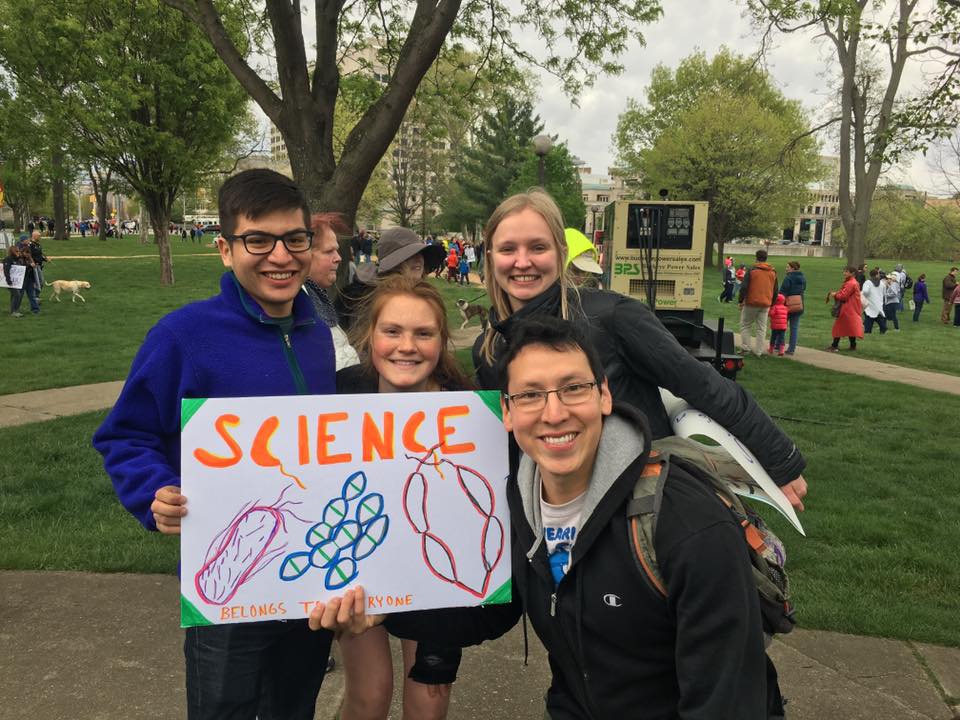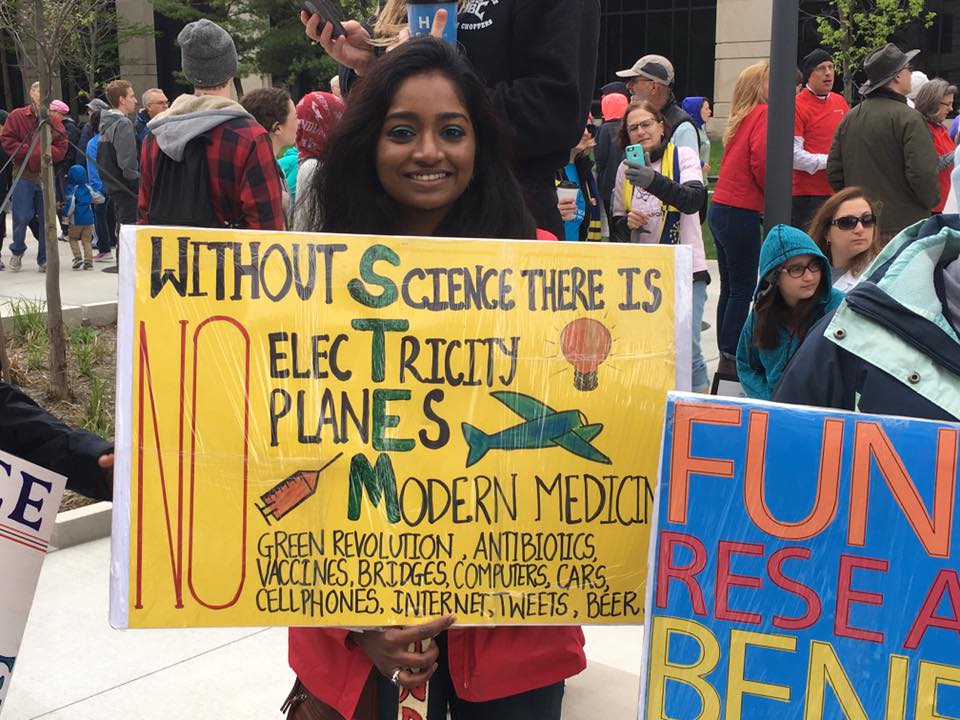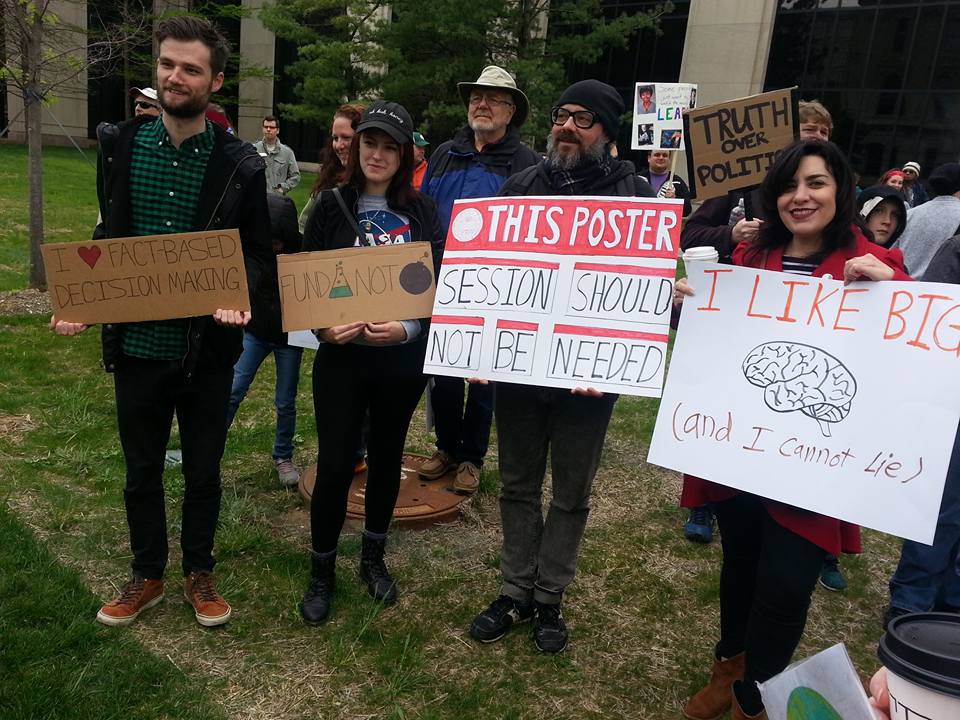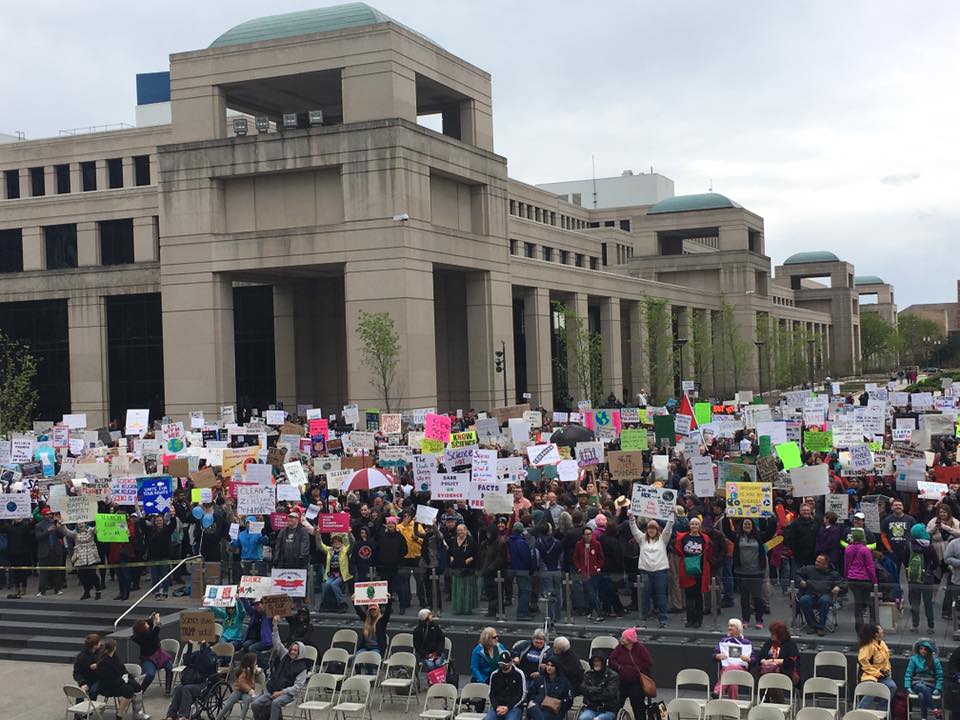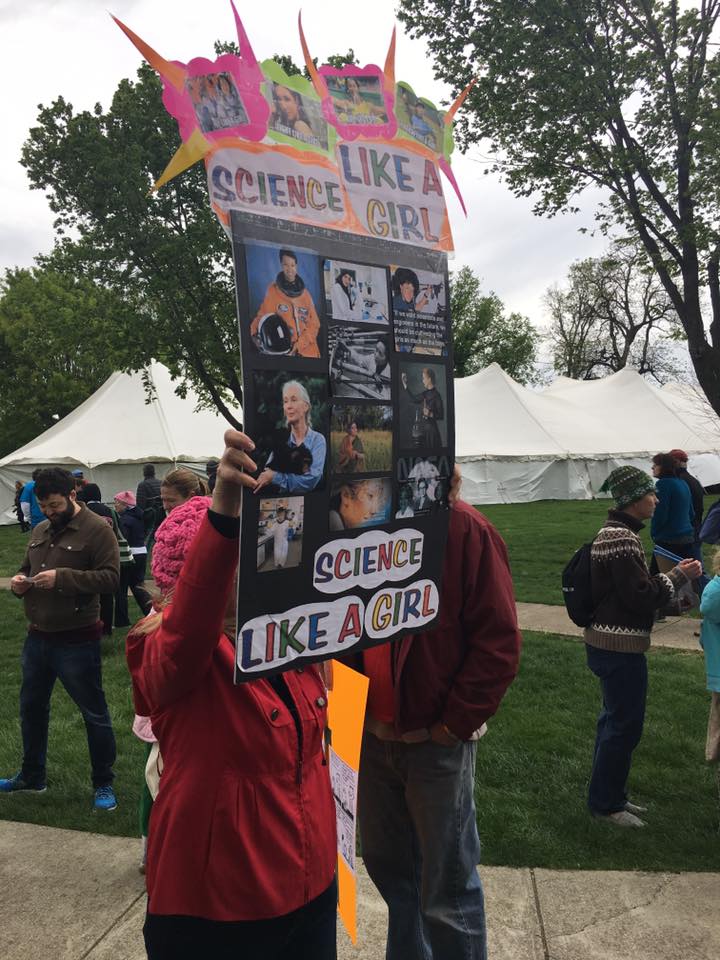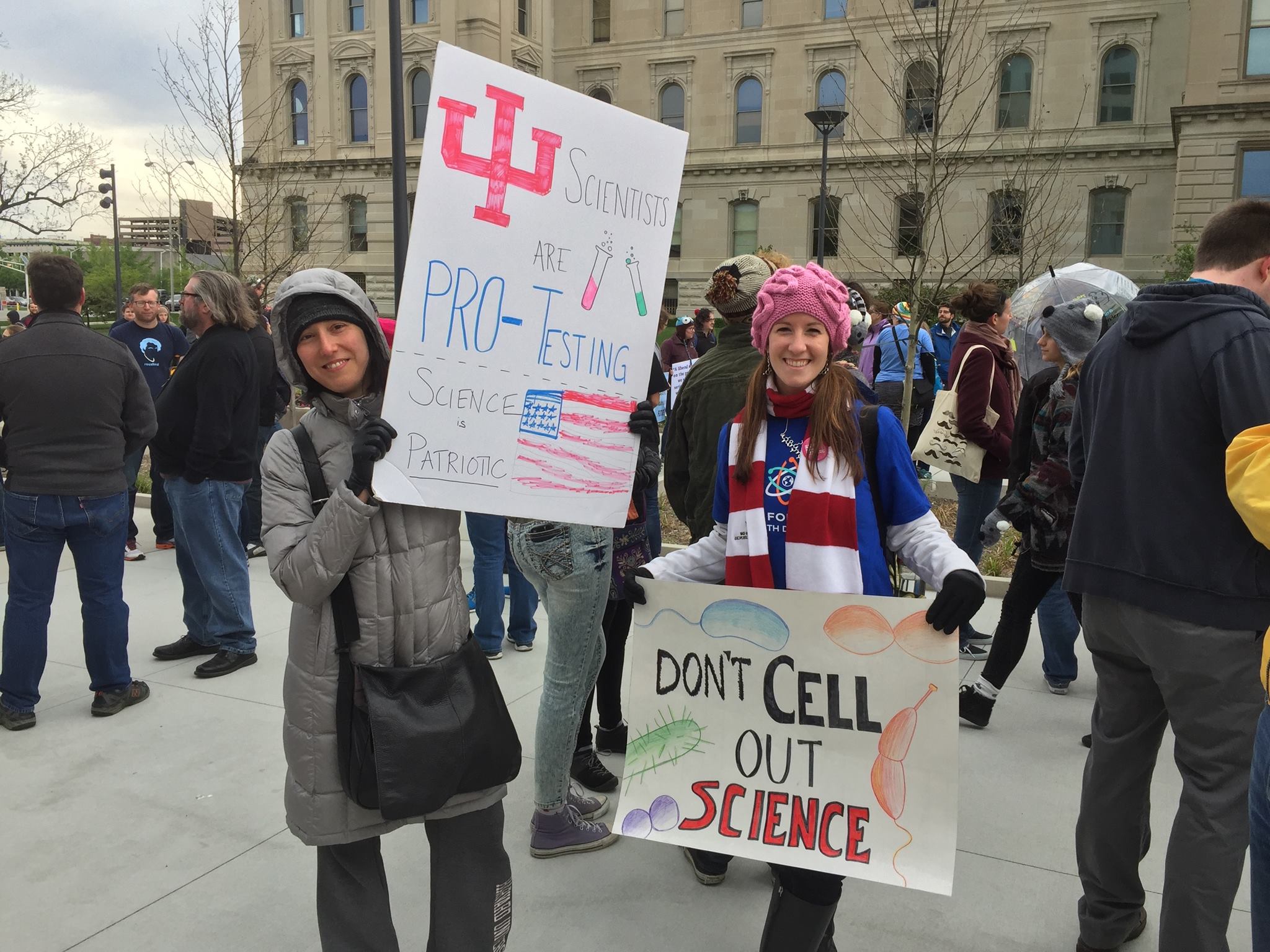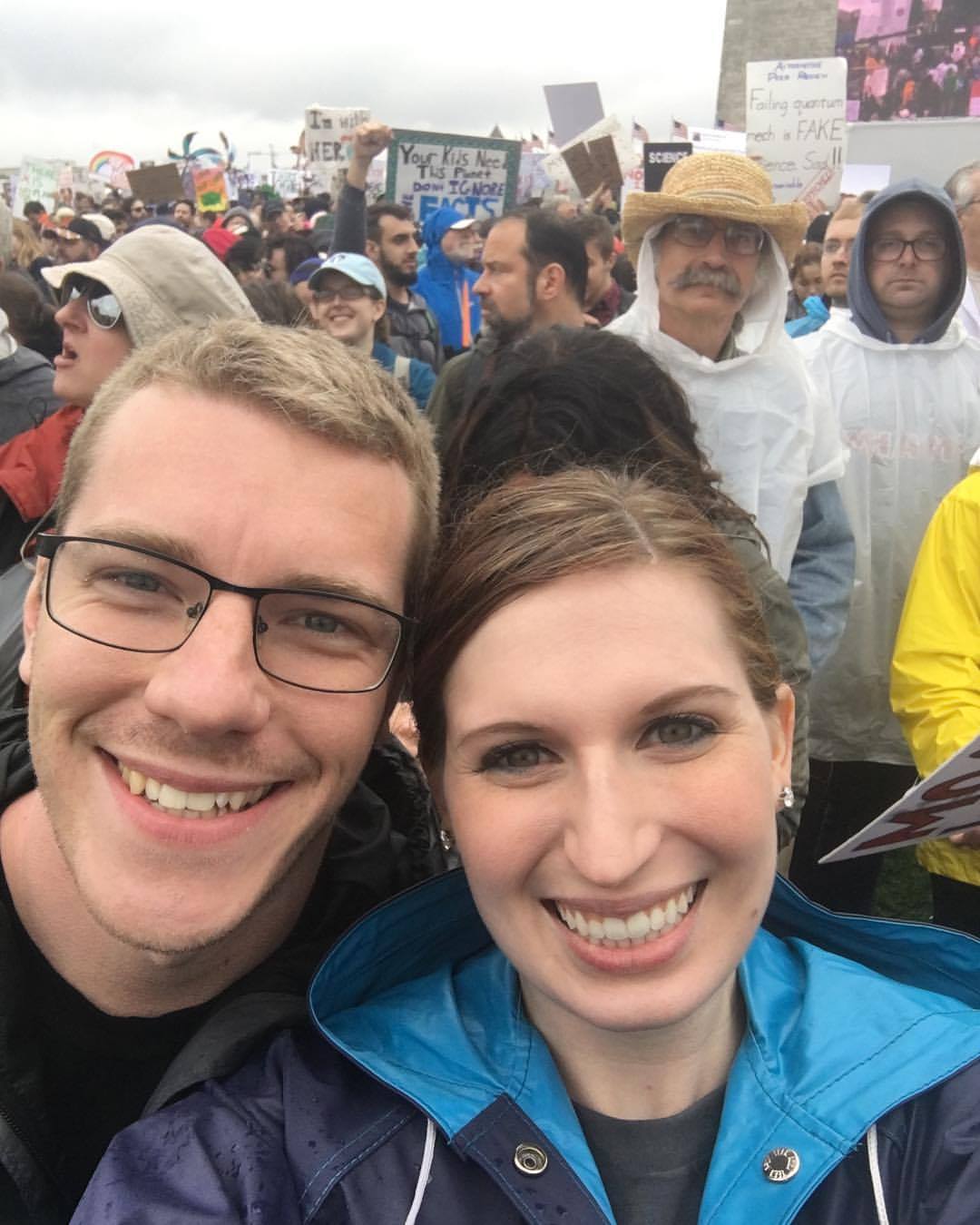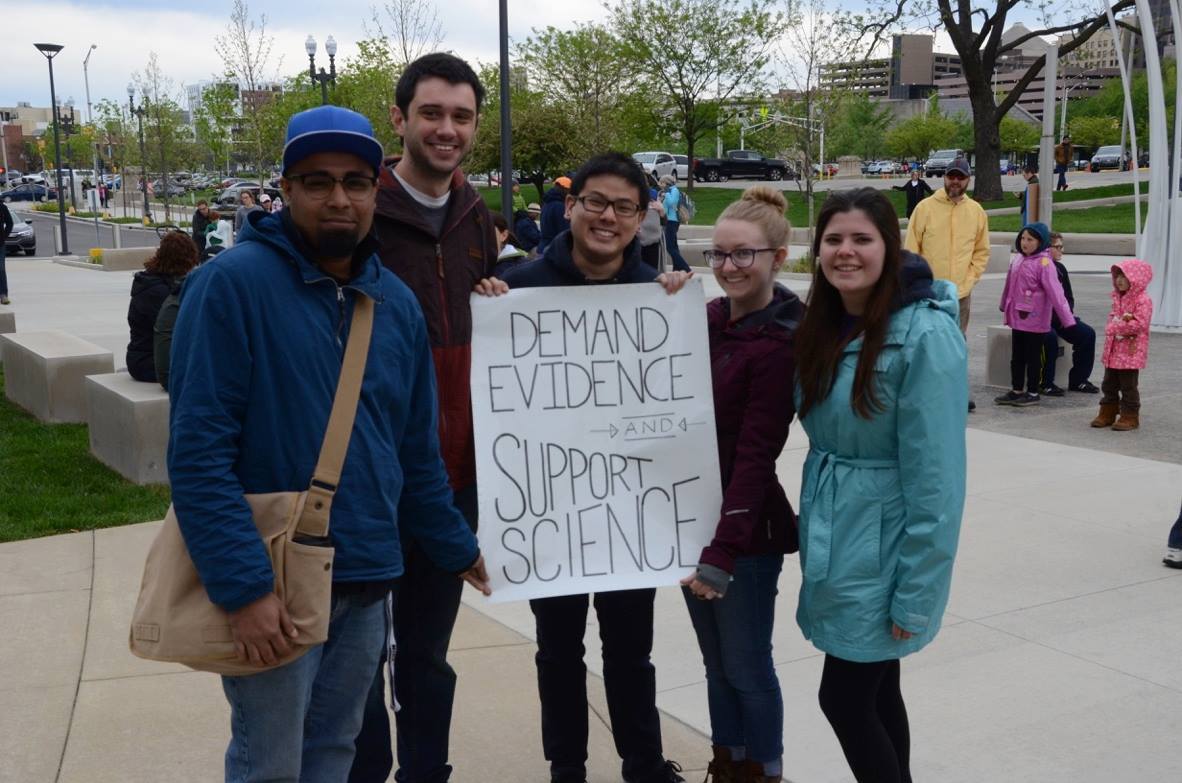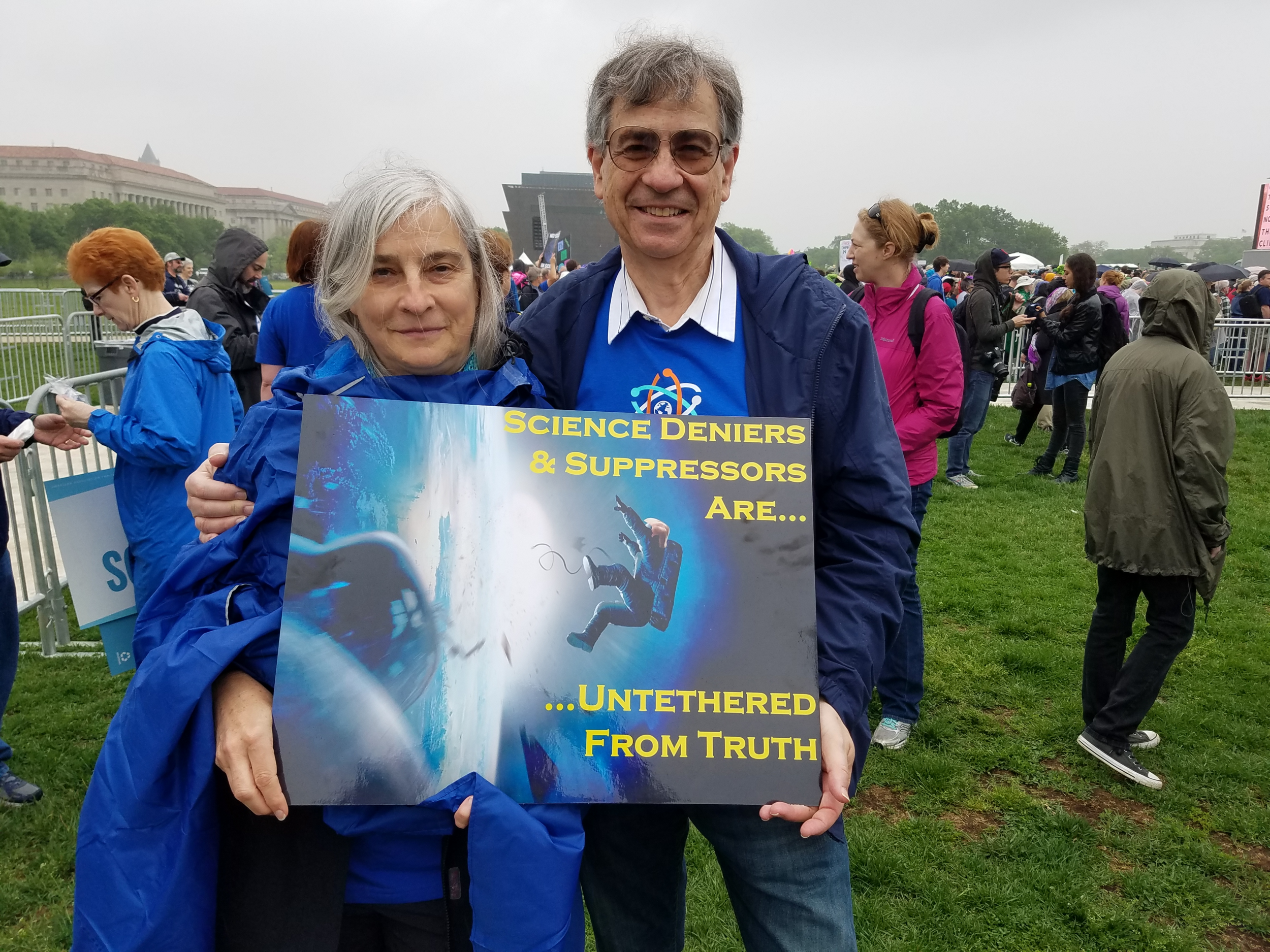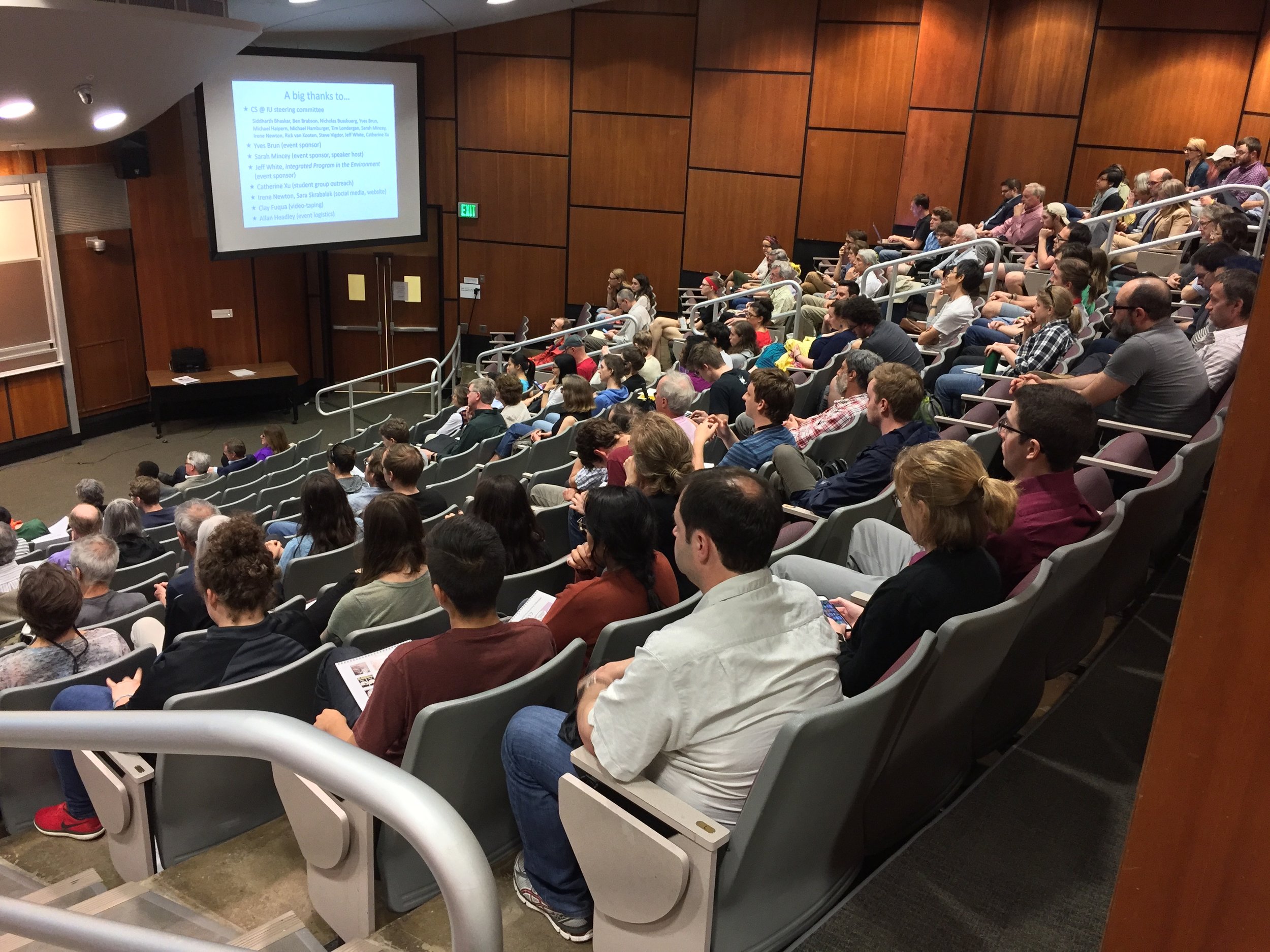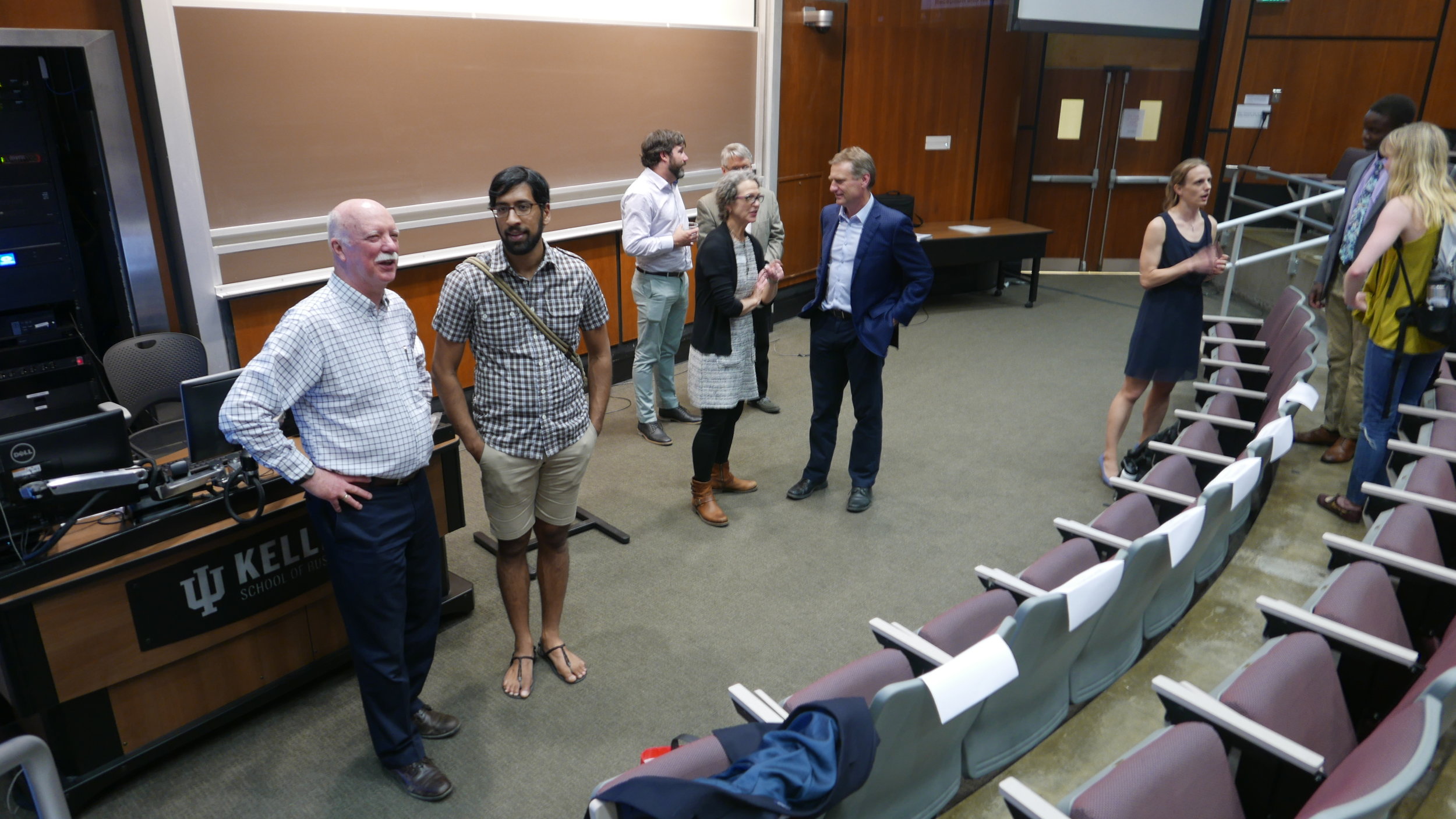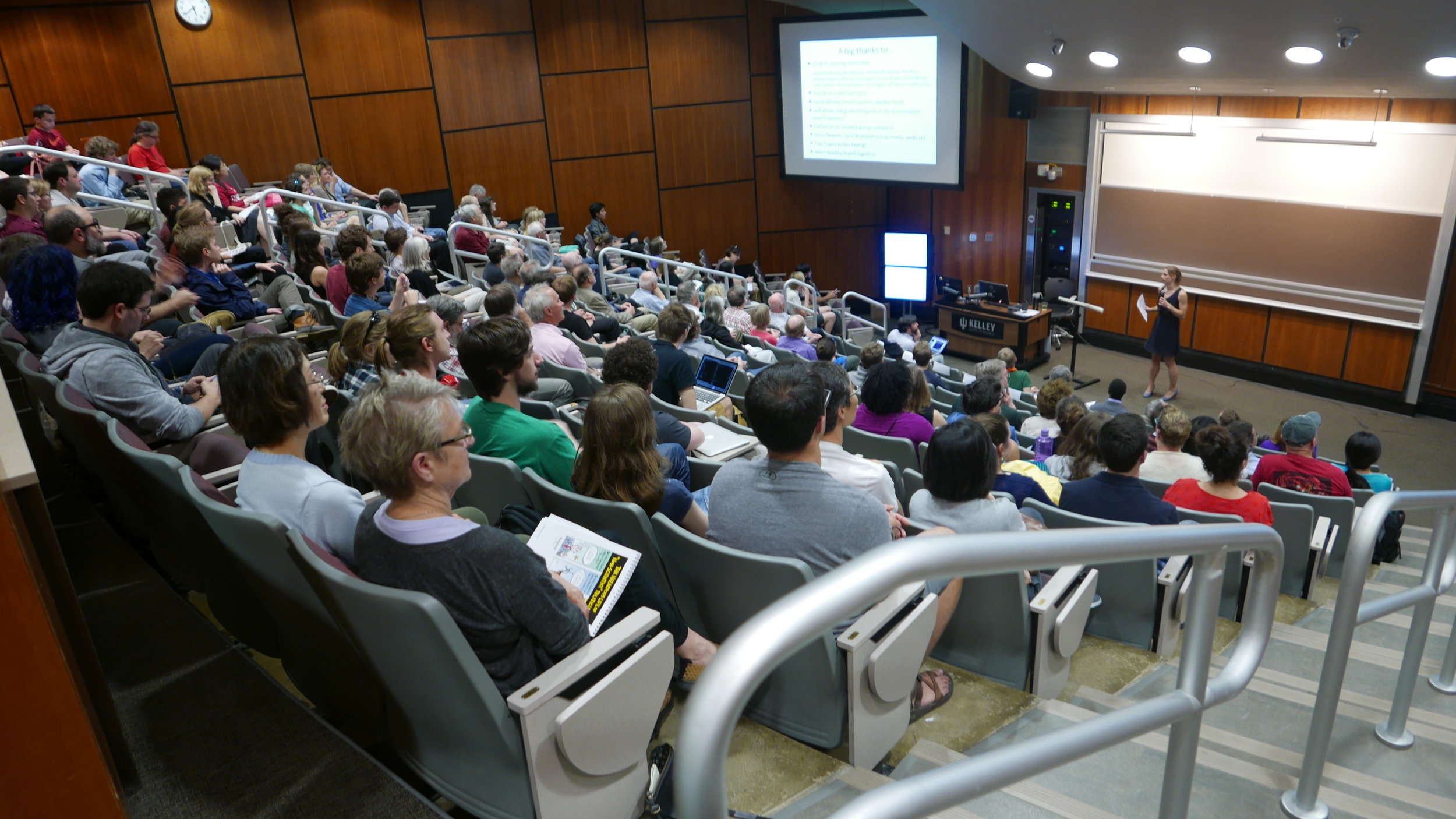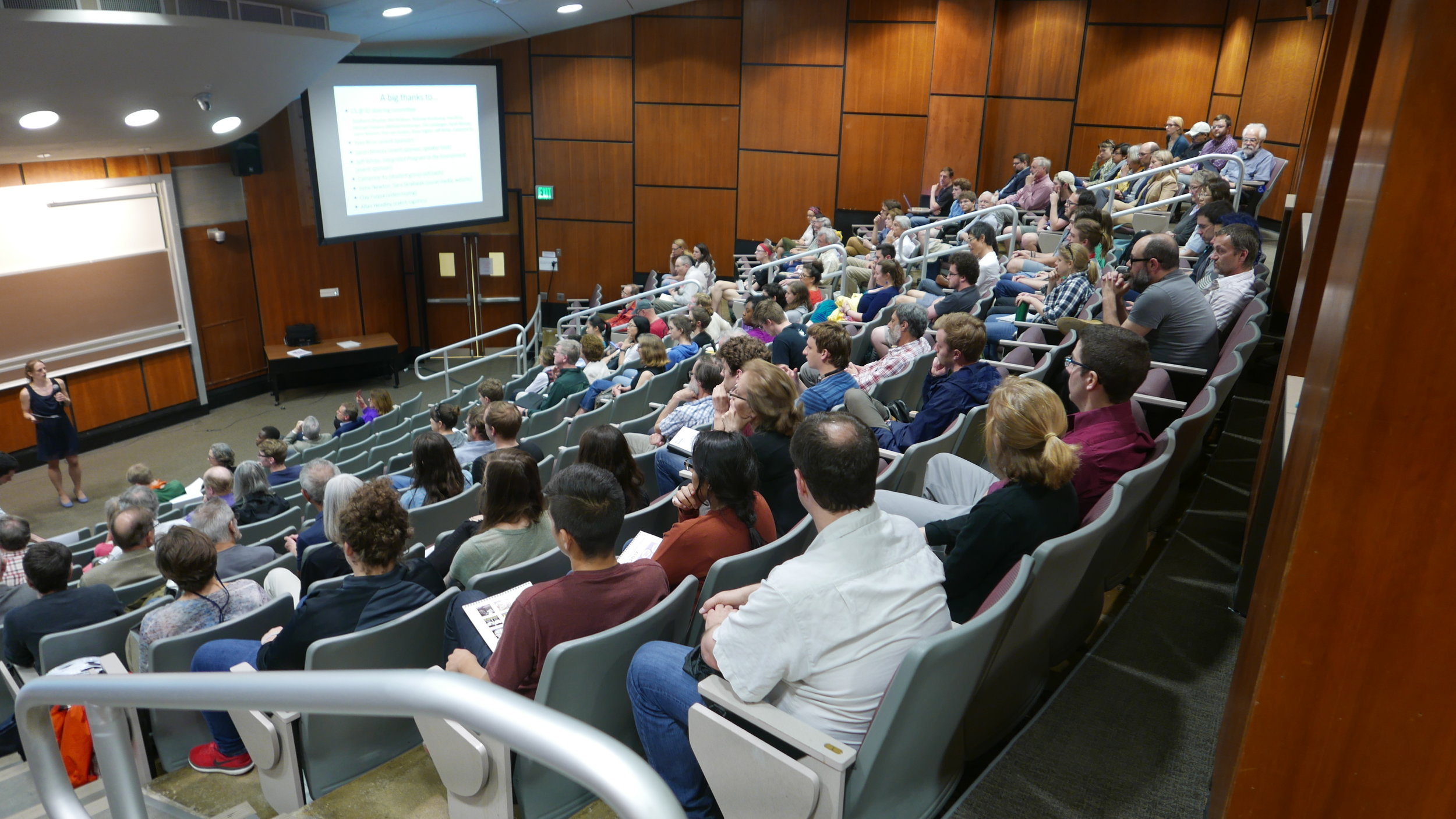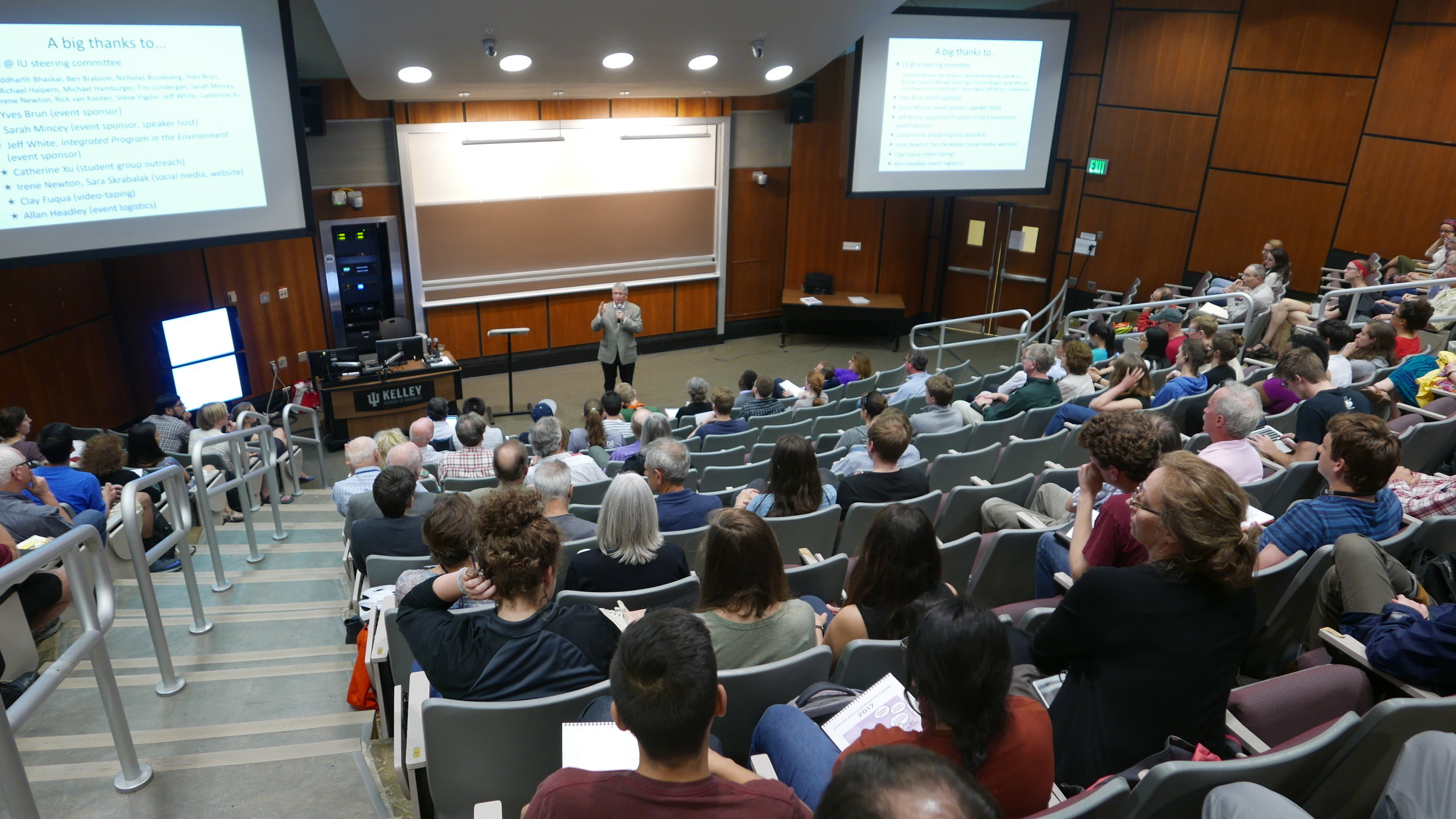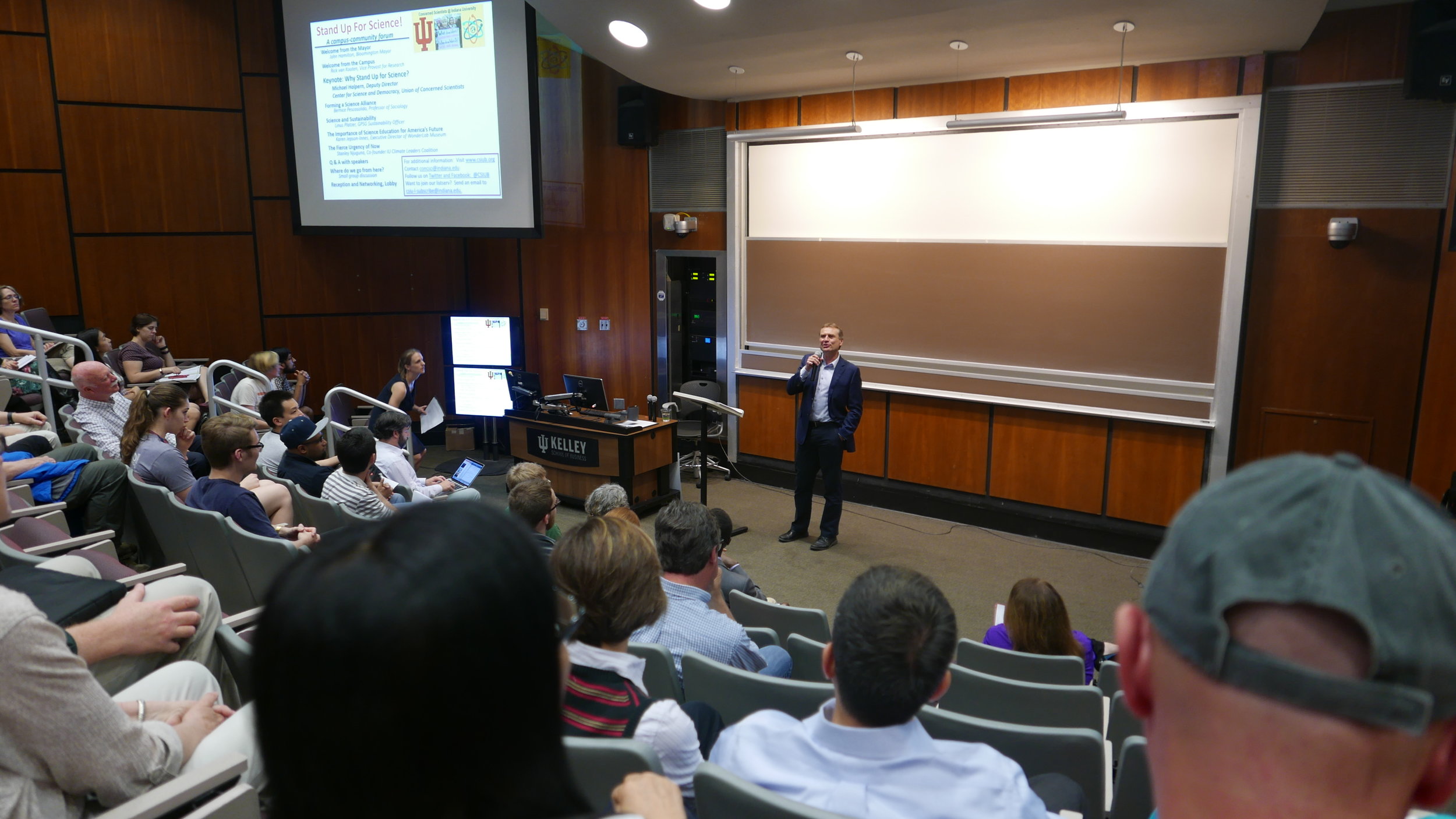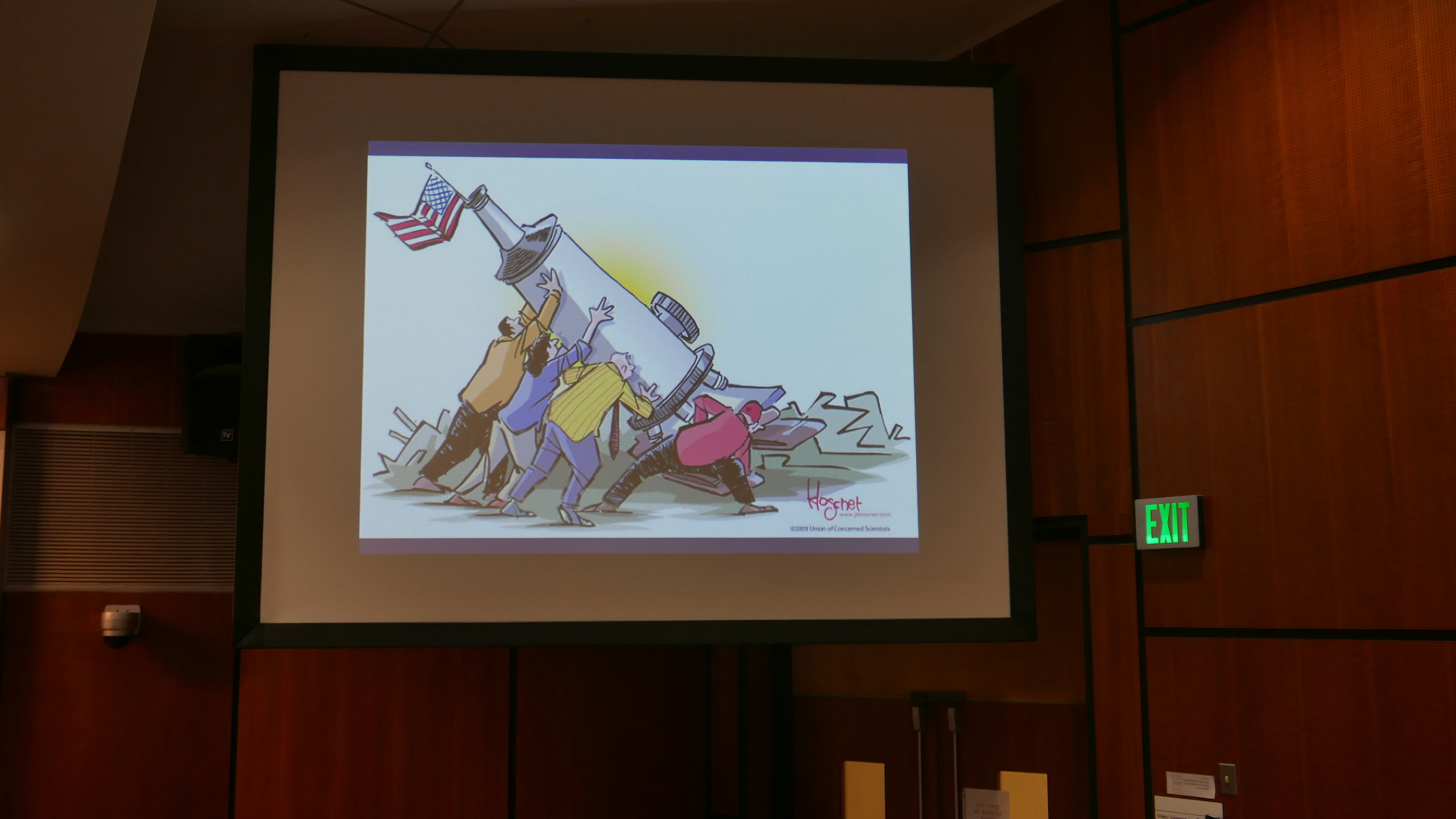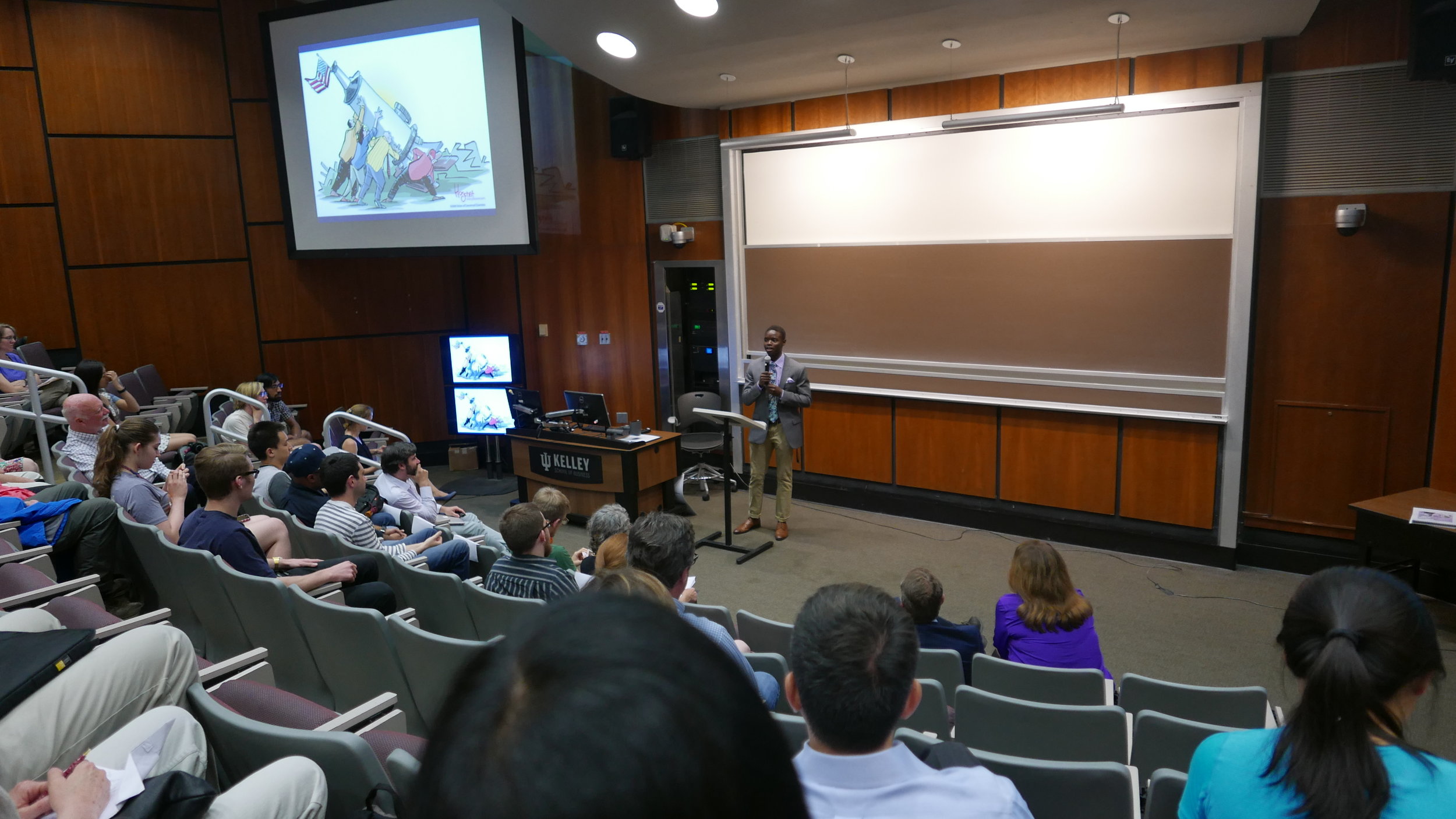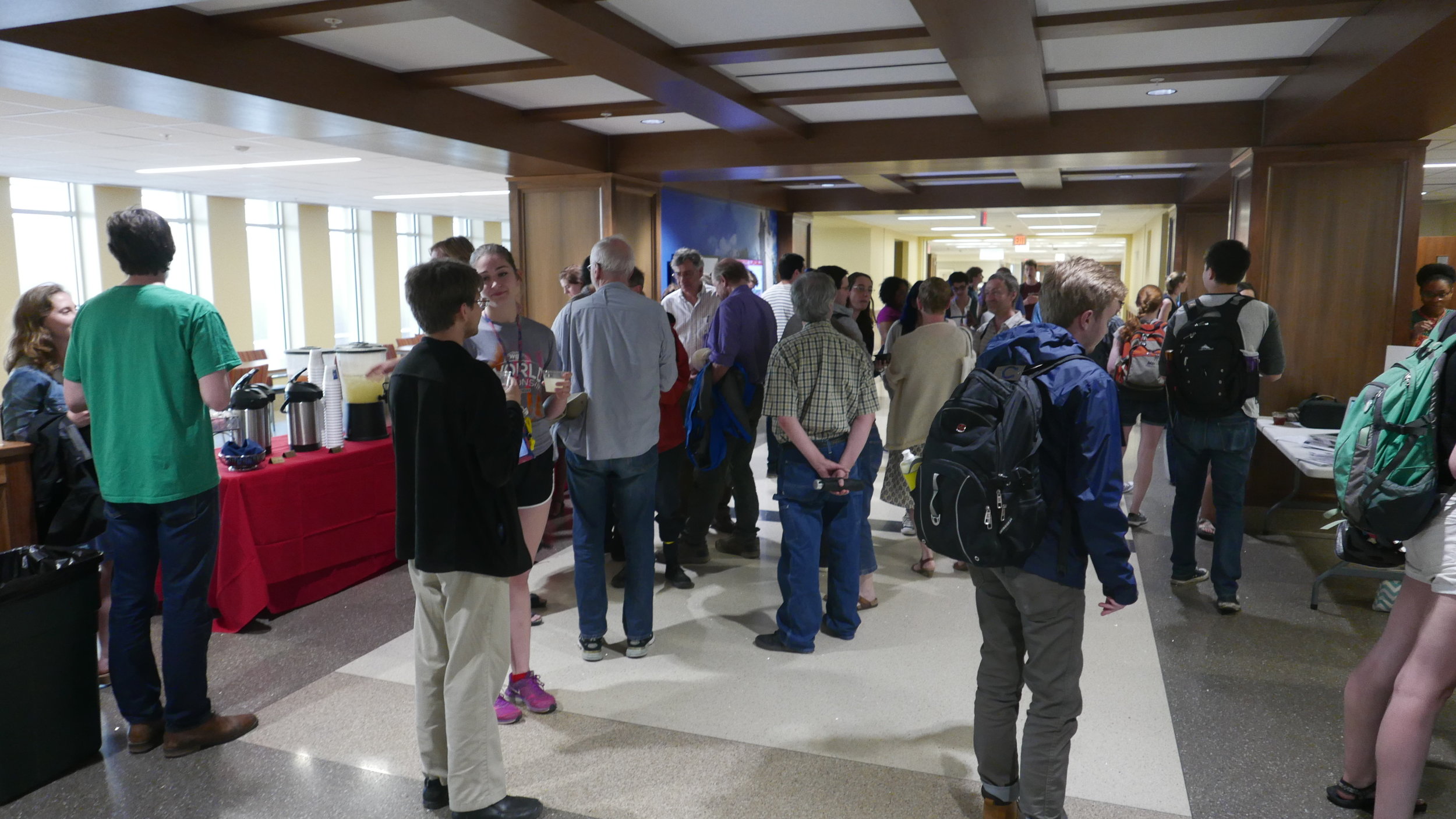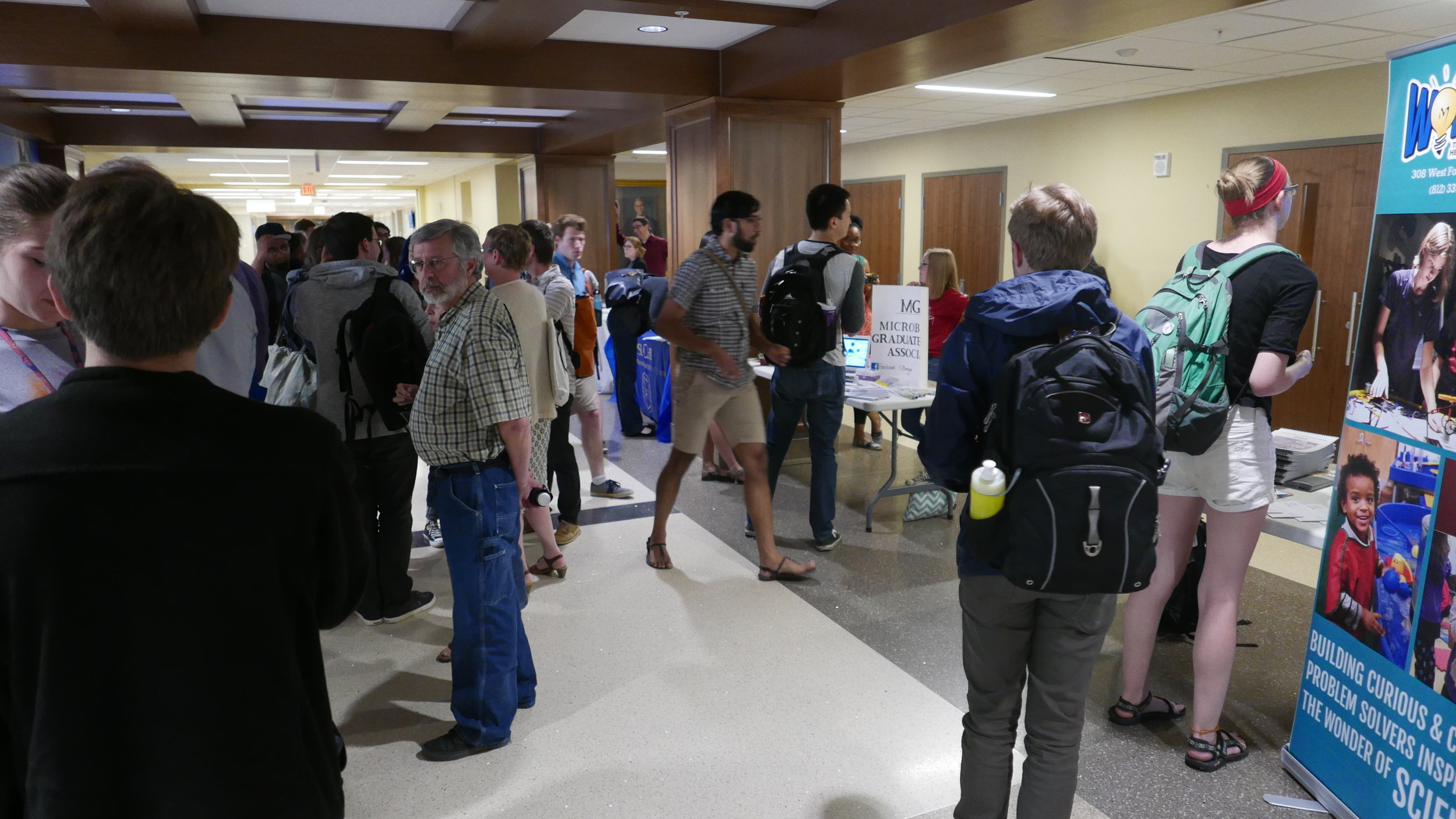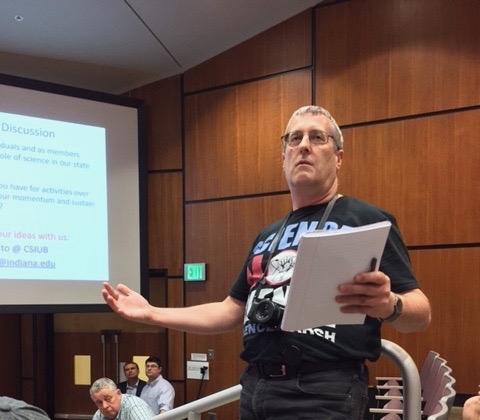Effective governments foresee problems that threaten the quality of citizens’ lives and develop acceptable solutions to mitigate their effects. The mitigation is challenging even with the best available information, as complex problems usually defy simple solutions. Healthy democratic debate over priorities should be fueled by evidence gained from scientific research, economic forecasting, intelligence gathering and credible investigative journalism – all avenues the present U.S. administration seeks to discredit.
When some politicians fear facing problems and choosing among possibly distasteful solutions, they deny or suppress evidence, labeling it a “hoax” or “fake news.” They eliminate funding for research that underpins it. They substitute “alternative facts,” based on their own ideology, greed, donor demands, or resentment of “elites.” History teaches us, repeatedly, that citizens pay the hefty price for their politicians’ willful ignorance.
An egregious example occurred when Joseph Stalin deemed genetics a “bourgeois pseudoscience” incompatible with Communist ideology. He promoted a scientist of peasant stock, Trofim Lysenko, who shared Stalin’s disdain, while firing and imprisoning a generation of Soviet geneticists, sending Lysenko’s former mentor Nikolai Vavilov to the gulag. Lysenko promised dramatic, “truly communist,” agricultural advances, based on irreproducible claims that southern plants could be trained to grow in the north, grains could be transformed into other species, and other unsubstantiated ideas. Lysenko’s unscientific methods produced chronic crop failures and innumerable starvation deaths, including Vavilov’s. The political elite survived.
Many U.S. politicians seem poised to augment this sorry history by unilaterally dismissing climate science. Reproducible measurements have established irrefutably that global temperatures, atmospheric carbon dioxide and sea levels have all risen at unusually high rates over recent decades. Ice core samples reveal a strong correlation between carbon dioxide levels and surface temperatures, going back nearly a million years.
These data are cause for serious concern. Earth’s climate is a complex system with many natural, as well as human-induced, drivers. But the natural drivers have quite different characteristic time scales, much shorter or very much longer than the recently observed changes. Climate change skeptics often ignore or confuse these time scale differences.
Worrisome projections of Earth’s future climate evolution admittedly have modeling uncertainties, as do predictions of the future paths of severe hurricanes. Scientists seek to reduce these uncertainties by improving the models and constraining them better with new measurements, so they form an even more robust basis for policy discussions.
In contrast, the President’s budget proposal eliminates funding for most of this research, with the apparent rationale: “The science is unsettled. Therefore, the last thing we need is further evidence to settle the science.” This is rather like advising people within a hurricane’s projected path to stay put because, after all, the projection has some uncertainty. Among other losses, the denial by the administration makes it likely that other countries will reap most of the rapid job gains anticipated in the renewable energy sector. The government sets misguided policy, but citizens are left with the risks.
Research establishing climate change, but essentially none of the skeptics’ erroneous claims, has passed rigorous peer review. Lamar Smith, House Science Committee Chair, offers a chilling response to this embarrassing fact. He promises legislation to establish “government standards for peer review” and punish scientific journals for publishing research that the government doesn’t approve. When politicians with no science background aim to intervene in standard-setting for research reviews, the scientific method, evidence-based decision-making and citizens’ well-being are in serious jeopardy.
We invite you to join Concerned Scientists @ IU, our community of scholars and citizens committed to defending the integrity of the scientific process. Send an email to csiu-l-subscribe@indiana.edu.

